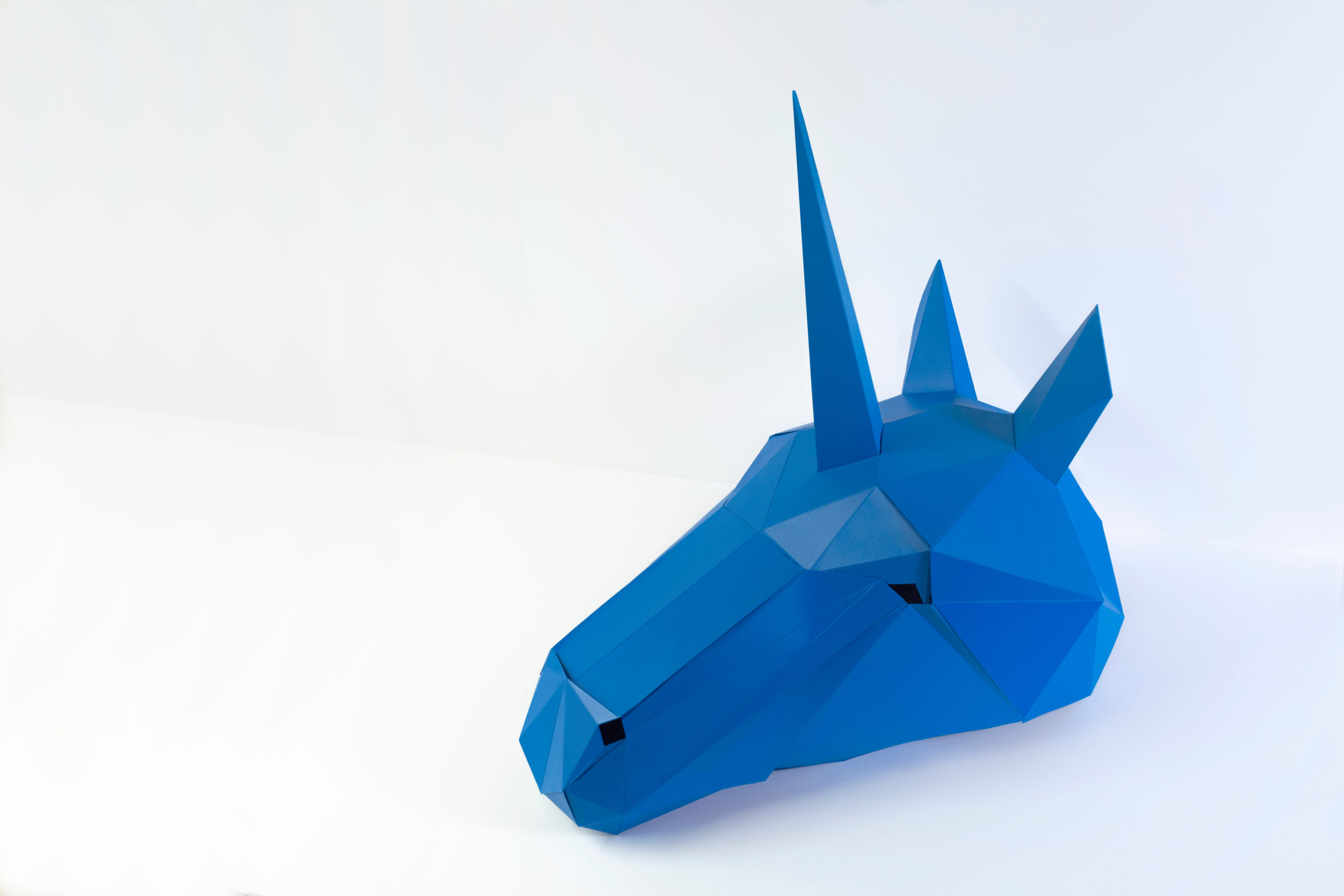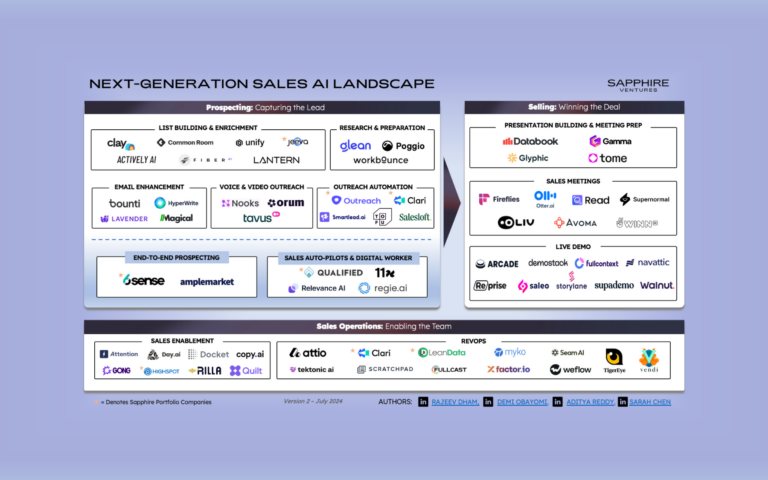An abridged version of this article by Annalise Dragic was originally placed in City A.M. on December 16, 2022 under the headline “Unicorn status is no longer the holy grail of success for start ups in the UK and Europe.”
After several record breaking years for the European startup ecosystem, 2022 marked a new, more volatile environment. The pace and focus of venture investments has shifted as the market faces a notably altered economic climate. While brilliant businesses are continuing to raise strong funding rounds, this has been happening against a backdrop of postponed IPOs and decreasing valuations in the space.
As we navigate this new landscape and valuations continue to fall (the most headline grabbing so far include Klarna, which has seen a 85% drop in its valuation compared to this time last year), we are confronted by the question of how we should rethink our evaluation of startup success. Should we still put so much weight behind “unicorn status” when measured against the current macroeconomic picture? Or should we instead be looking at Annual Recurring Revenue (ARR) or other cash flow metrics?
Since the term was first coined in 2013, unicorn status (defined as reaching a $1bn valuation) has become a pinnacle of startup success. It’s the way regions compare the maturity of their tech ecosystems and a metaphor the media has embraced. There are currently 189 privately held unicorns in Europe, many produced in 2021 when record levels of venture investment were flowing into the European innovation scene, bigger deals were being closed, and more companies went public.
I believe this growing crowd marked distinct individual and collective success; offering clear confirmation that the European tech market is continuing to rapidly mature. However, the lustre of the unicorn status may be fading.
It seems to be that this can be attributed to two main, and potentially conflicting, drivers. Firstly, the last few years saw such a rush of capital being poured into European markets that the unicorn herd quickly became a stampede. This pace meant that we became accustomed to companies raising VC rounds in quick succession and hitting unicorn status within a few years of being founded. A case in point was virtual events platform Hopin’s sprint from launch in October 2019 to a £1.37bn valuation in November 2020.
This sparked what some might describe as unicorn complacency. No longer such a rare beast, buzzy startups were almost expected to reach billion dollar heights at a rapid pace. Perhaps predictably, attention during the 2021 European tech boom turned to decacorns – those with a $10bn valuation – as the new marker of real success.
It feels like the ‘mainstreaming’ of unicorn status did the title a disservice. Reaching a $1bn valuation is an incredible achievement that only a small sliver of startups are ever able to reach. Despite the outsized attention that this small fraction of start-ups received in recent years, they remain an elite club.
The second dent in unicorn prestige was made at the beginning of the current tech market cool down. Against the backdrop of new economic realities, valuations are being recalibrated accordingly. VCs and start-ups alike are watching market forces closely as these numbers settle. Some of those who once held unicorn status are starting to fall out of the club.
This combination of intense acceleration in unicorn numbers, followed by the sharp market correction we’re currently experiencing, has led some to champion other mythical beasts as the new market of ‘true’ start-up success, like the ‘centaur’. Proponents of this label – which is bestowed upon a business when it hits $100m in ARR – argue it’s a more accurate measure of success at a time when cash is king and valuations are a moving target. And technology companies which are generating significant revenue may be in a much stronger position going into what looks likely to be a global recession.
As a European tech community, we can and should do more to celebrate those companies that reach $100M ARR and those that – gasp – also build profitability from day one to reach a significant scale. That said, we should continue to celebrate our unicorns. Building a company from scratch and scaling it to a valuation of $1 Billion should not be downplayed nor overlooked. And the fact that more companies have continued to join the European stable in 2022 despite the macroeconomic climate is testament to the region’s strength. And the current landscape of shifting valuations may mean unicorn status carries even more weight as businesses continue to scale while facing macroeconomic challenges.
Now may be the time to add more nuance to our tech success benchmarks, but we don’t need to sweep away existing ones in the process. Instead, we should be broadening the stable – bringing centaurs into the herd, along with unicorns, and embracing other milestones too. From my experience, the majority of VCs and founders continue to take unicorn status seriously and it would be a mistake to dismiss this valuable term, even as we seek new ways of categorising achievement and growth.
While we embrace more mythical creatures as markers of success, I believe the era of the unicorn is far from over.



